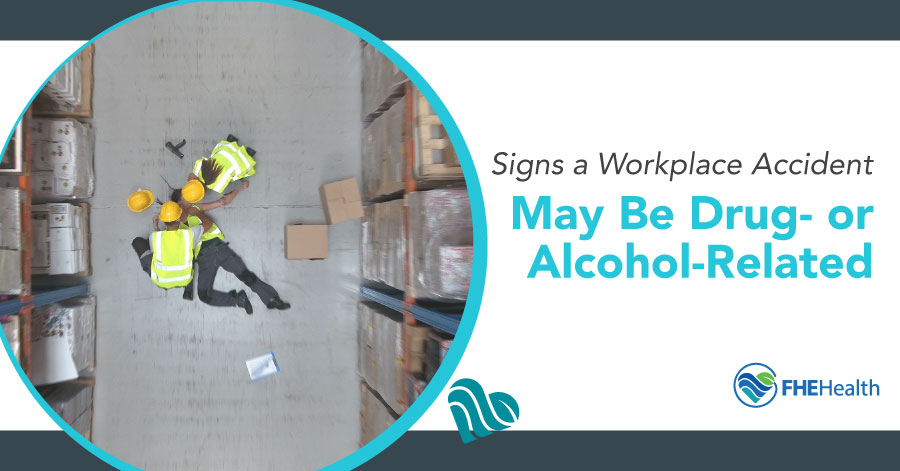
Ron W. had worked for Lewisburg Concrete & Pavement Service since 2015. Lee R., the owner of the company, hired Ron when another employee said Ron had been laid off and needed a job. Since Ron already had a CDL license, Lee hired Ron as a truck driver for the company.
Recently, Ron started showing up late for work, looking like he hadn’t slept or changed his clothes. When Lee asked him why he was late, Ron blamed it on his new baby crying all night. A couple of times, Lee thought he had smelled alcohol on Ron’s breath but decided not to bring up the subject. Lee liked Ron as a person and had no complaints about his job performance—so far.
One day, while Ron was hauling equipment to a construction site, Lee got a phone call from the state highway patrol. Ron had caused a pile-up on the interstate by slamming into the back of another car.
“He failed the sobriety test,” the trooper told Lee. “He was way over the limit. You’ve got big problems, buddy.”
Although no one died in the accident, several people sustained serious injuries. The accident victims sued Lewisburg Concrete & Pavement Service, claiming Lee had failed to properly supervise and train Ron about safely operating company vehicles while on the job.
As a consequence of ignoring the signs of Ron’s alcohol problem, Lee had to file bankruptcy and nearly lost his business. Failing to spot the signs of an alcohol problem and take action can harm more than just the drinker.






